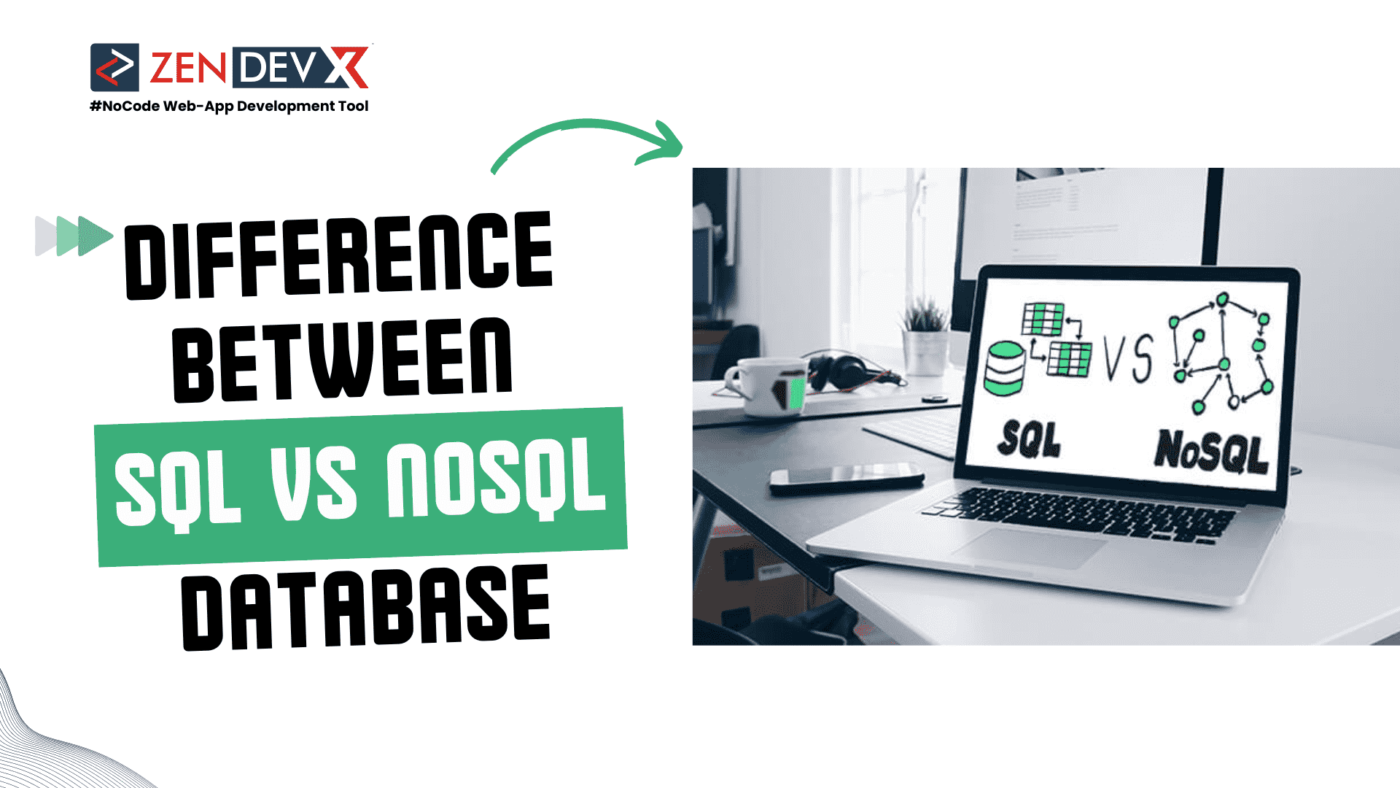One crucial choice your business makes is choosing the correct database. SQL’s interactive language and simple learning curve help it to remain the most often used and popular tool. Although SQL most of the time meets your needs, occasionally businesses grow quickly and find they require more flexibility than SQL can offer.
Here is where NoSQL databases find application. Not only SQL is notSQL. Designed in the ’90s, NoSQL is still in demand today since it provides more sophisticated capabilities absent from SQL. The main distinctions between SQL and NoSQL will be broken out here to guide your choice on which is best for you.
What is SQL?
Standard language used for data management in a relational database is Structured Query Language (SQL). SQL lets you enter, search for, update, and delete data records with rather easy commands. (If you wish further information, we have discussed the essentials in an earlier blog post.)
SQL allows you to accomplish more challenging chores such as database maintenance and optimization. Though SQL is a rather user-friendly language, it takes some experience to get from the foundations to handling more complex database management chores. Given its popularity, there are lots of tools online to assist in your learning. Usually, most programmers pick up SQL really fast.
Define NoSQL
As we discussed above, NoSQL—which stands for “not only SQL”—is a sort of expansion of the powers SQL offers. Being a self-describing database, NoSQL does not impose relationships between tables in every scenario or depend on a schema.
Usually using SQL, relational database management systems handle data storing and retrieval chores. A NoSQL database lets the user access many different kinds of data by including a far broader spectrum of database technologies. This gives even more adaptability, which might be crucial for swiftly expanding businesses.
What Are the Variations?
Languages for Inquiries
SQL defines and alters data using structured query language with a predetermined pattern. Generally speaking, including complicated searches, SQL performs quite effectively. Sometimes, though, depending on your demands, it can be overly constrictive.
Dynamic schemas perfect for unstructured data abound in NoSQL. From column-oriented to document-oriented to graph-based and so on, NoSQL allows you to store your data in a range as we mentioned somewhat before. Among the several benefits of this adaptability are the ability to offer every document a different structure and let syntax vary between databases.
Performance
Most of the time both SQL and NoSQL work well; if you do run across performance problems, there are many internet tools to assist you in troubleshooting typical problems. In other circumstances, though, performance could be more of a problem with one over the other.
Usually, a larger server able to handle more data is the solution when you start running performance problems with a SQL database. Sometimes in this context cost can be a hindrance. NoSQL allows you to scale horizontally, so adding extra servers as needed without having to pay for RAM or CPU. This gets us to our next argument, actually.
Scalability
As you most likely discovered, when it comes to scalability NoSQL is the best option. SQL databases are vertically scalable, therefore you expand your server by raising CPU or RAM capacity. Many times, this is totally efficient and you won’t run across any problems.
On vertical scaling, however, expending more time and money can impede development for fast expanding businesses. Depending on your situation, NoSQL’s horizontally scalable database—where you might boost traffic by adding more servers—may be more appropriate.
Storage of Data
With SQL as the storage model, data storage is usually more simple since tables with consistent rows and columns exist. From key-value models to graph databases and beyond, NoSQL offers several storage options. Although SQL is usually easier to use, NoSQL could give businesses with more complicated data storage needs additional options.
Community
Given SQL’s extensive history, the community is more robust generally. If you run across problems with SQL, there is much more internet help and many more programmers are competent in it.
Still, a little community does not equate to none at all. For those working with NoSQL, there are still plenty of internet resources; as its appeal increases, the community will also develop.
Which Approach Is Correct For Me ?
Your requirements will essentially determine which of SQL and NoSQL you need. Most businesses can simply survive with SQL, and you will also be far more likely to come across programmers with SQL knowledge. SQL is also frequently the better choice if you require consistency from all your data.
Fast developing firms without schema definitions, however, may need more adaptable solutions. Usually, the preferable option if your business is evaluating vast amounts of data or if your data structure is variable is NoSQL.
Like any choice, though, there are essentially no clear, set guidelines. Before deciding, you should carefully consider the requirements of your business including the competencies of your programmers.
Conclusion :
Although SQL is more often used and popular than NoSQL, this does not always indicate it is the ideal option for every project. Rapidly expanding businesses handling vast volumes of data could find advantage in using NoSQL. Given some time and investigation, you can choose what best suits your business and yourself.


